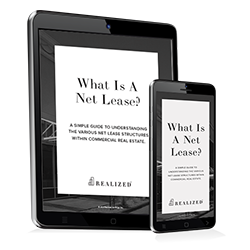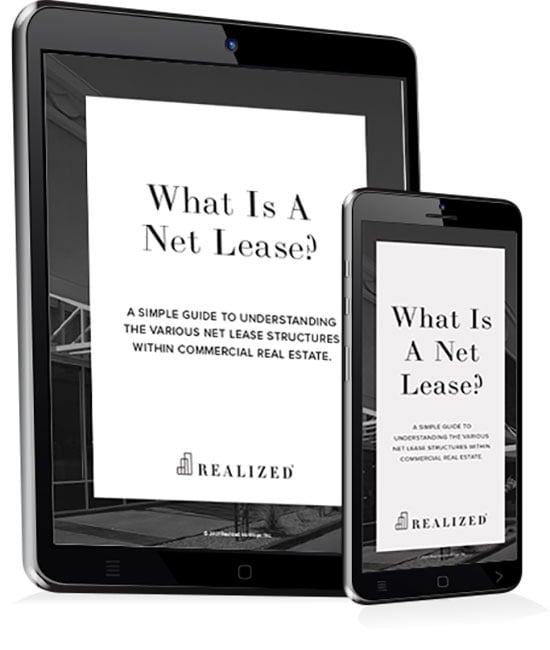
Real estate leases come in various forms, each with its own set of terms and conditions. One type of lease commonly used in commercial real estate is the net lease.
Defining the Net Lease:
A net lease is a contractual agreement between a landlord (lessor) and a tenant (lessee) that outlines the tenant's responsibility for paying additional expenses associated with the property. These expenses often include property taxes, insurance premiums, and maintenance costs in addition to the base rent. The net lease structure shifts a portion or all of these expenses from the landlord to the tenant, resulting in a "net" payment received by the landlord.
Understanding the Origin:
The term "net lease" derives its name from the concept of the landlord receiving a net amount after deducting expenses from the rent collected. It emphasizes the idea that the landlord's income is net of certain costs that the tenant bears.
Different Types of Net Leases:
Net leases are classified into different categories based on the expenses the tenant pays. The three primary types of net leases are:
Single Net Lease (N Lease)
In a single net lease, the tenant pays the base rent plus a portion of the property taxes assessed on the leased space. The landlord remains responsible for other expenses, like insurance and maintenance costs.
Double Net Lease (NN Lease)
With a double net lease, the tenant is responsible for the base rent, property taxes, and insurance premiums. The landlord typically keeps the responsibility for structural repairs and maintenance.
Triple Net Lease (NNN Lease)
The triple net lease is the most common type in commercial real estate. In a triple net lease, the tenant assumes the responsibility for the base rent, property taxes, insurance premiums, and all maintenance and repair costs. The landlord receives the rent amount "net" of these expenses.
Advantages and Considerations:
The net lease structure offers benefits for both landlords and tenants. For landlords, it provides a predictable stream of income while reducing the financial burden of property expenses. Tenants gain more control over the property and can better manage their costs. Additionally, net leases are often long-term agreements, providing stability and allowing tenants to establish their businesses in a specific location.
However, it is essential for both parties to thoroughly understand the lease terms and associated costs. Tenants should carefully assess their ability to cover additional expenses, while landlords should consider factors such as the creditworthiness of the tenant and potential risks associated with property maintenance.
This material is for general information and educational purposes only. Information is based on data gathered from what we believe are reliable sources. It is not guaranteed as to accuracy, does not purport to be complete and is not intended to be used as a primary basis for investment decisions. It should also not be construed as advice meeting the particular investment needs of any investor.
Realized does not provide tax or legal advice. This material is not a substitute for seeking the advice of a qualified professional for your individual situation.



